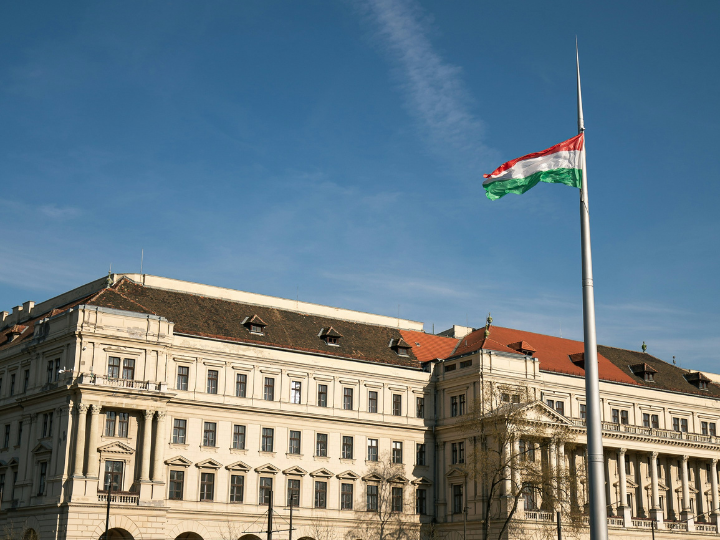by Alexandra Brzozowski
A European Commission deadline for Hungary to respond to questions about the easing of entry requirements for Russian and Belarusian nationals expired on Monday (19 August).
Home Affairs Commissioner Ylva Johansson sent a letter to her Hungarian counterpart, Sandor Pinter, at the beginning of August requesting an explanation from Budapest about changes made to the country’s immigration scheme.
Under the recent changes, Hungary has eased requirements for Russians and Belarusians to enter the country to work, granting “guest workers” a stay of two years, renewable by an additional three years.
Although issuing long-stay visas and residence permits were a individual member state matter, Johannson stressed, “such schemes need to be carefully balanced not to put at risk the integrity of our common area without internal border controls and to duly consider potential security implications.”
“The extension of the facilitated processing of residence and work permit applications for citizens of Russia and Belarus could lead to a de facto circumvention of the restrictions the Union has imposed,” the letter added.
Johansson requested Budapest to reply to an annexe of questions “no later than 19 August”.
A European Commission spokesperson confirmed to Euractiv that as of Monday afternoon, there has yet to be a response.
Critics believe the changes could pave the way towards permanent residency, which, given the current tensions with both countries, could threaten the security of the bloc’s Schengen Area.
Earlier this year, several countries – led by Czechia – had pushed to ban Schengen travel for Russian diplomats, which they said would pose an espionage risk by being able to travel freely across the bloc once they enter the passport-free zone.
Eight Baltic and Nordic countries – Denmark, Estonia, Finland, Iceland, Latvia, Lithuania, Norway and Sweden – in a joint letter sent to Brussels last Thursday (15 August), seen by Euractiv, had expressed concern that Hungary’s ease of restrictions could increase the risk.
“Regardless of whether it falls under national or Union competence, we are worried that this decision may constitute a serious security risk to all member states,” the group of foreign, interior and justice ministers wrote.
“Hungary’s reply, your analysis, and the next steps will be of utmost importance in ensuring our national security,” they said, adding that they welcome Johansson’s involvement in the issue.
Their request, however, was met with a strong response from Budapest, which dismissed the step as “plain lies“.
“The inclusion of Russian and Belarusian citizens in the National Card program does not pose any security risk from the point of view of the Schengen area since these persons must still undergo a comprehensive check to enter and stay in Hungary,” the country’s Foreign Minister Peter Szijjarto replied over the weekend.
“All claims to the contrary by Northern European and Baltic colleagues, who are blinded by their adherence to the pro-war camp, are plain lies,” Szijjarto said.
The issue will likely be discussed when EU foreign and defence ministers meet in Brussels next week.
Before the summer break, in a rebuke of Hungary’s controversial solo diplomatic efforts on Ukraine, the EU’s typically informal August meeting had been moved to Brussels instead of Budapest.
*first published in: Euractiv.com




 By: N. Peter Kramer
By: N. Peter Kramer

